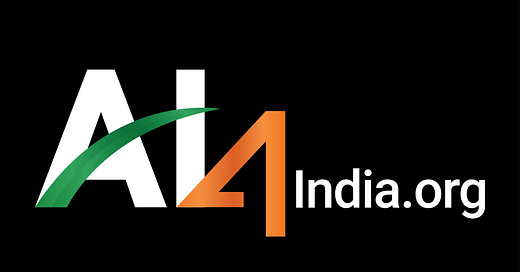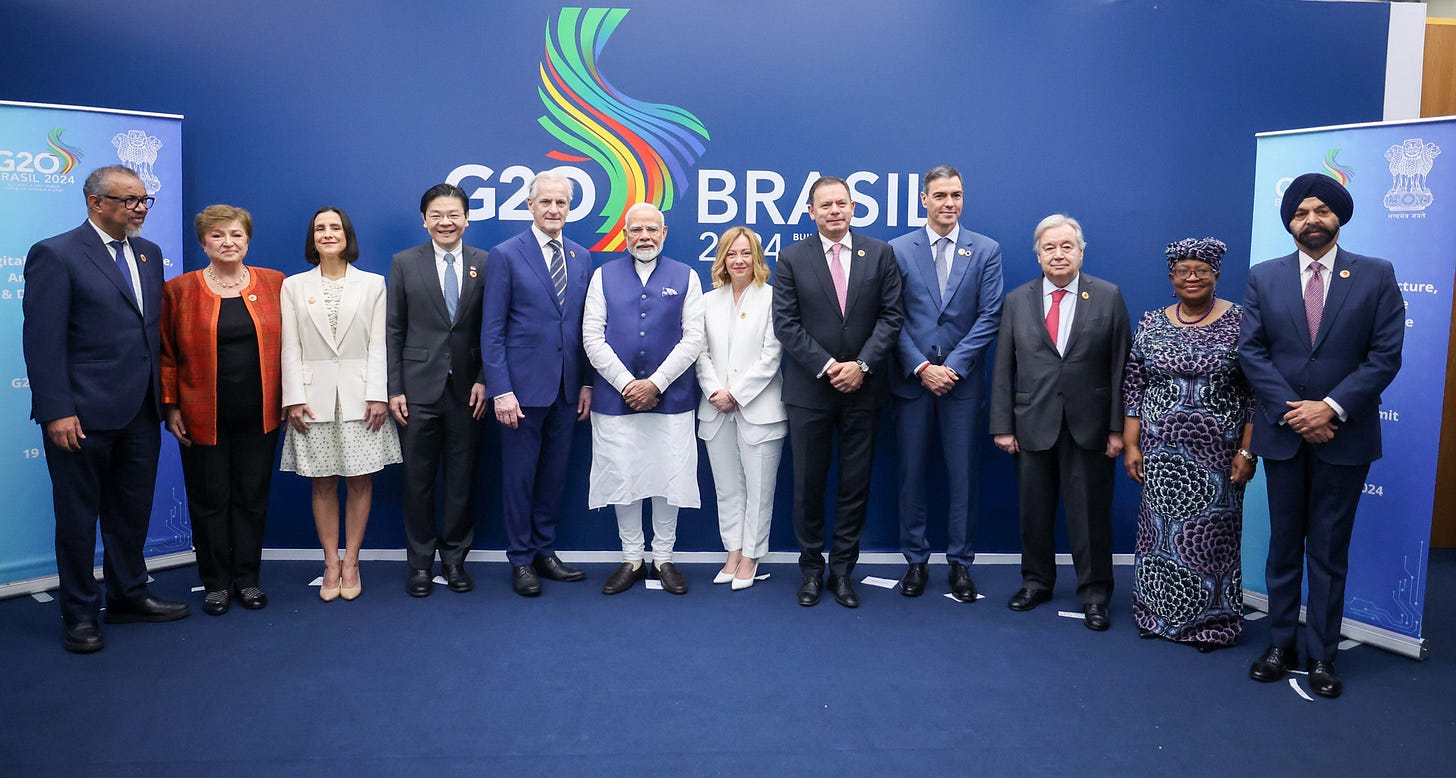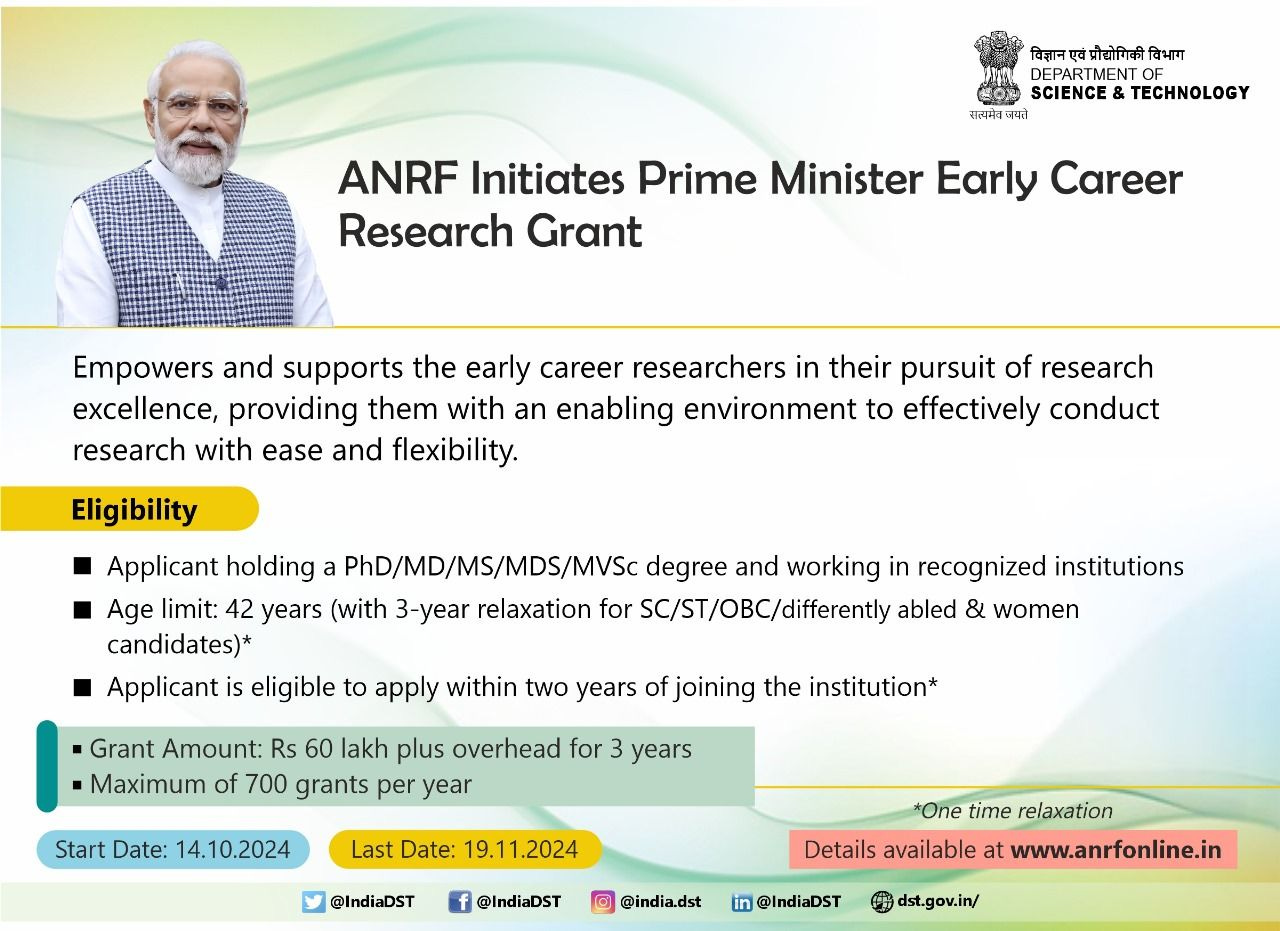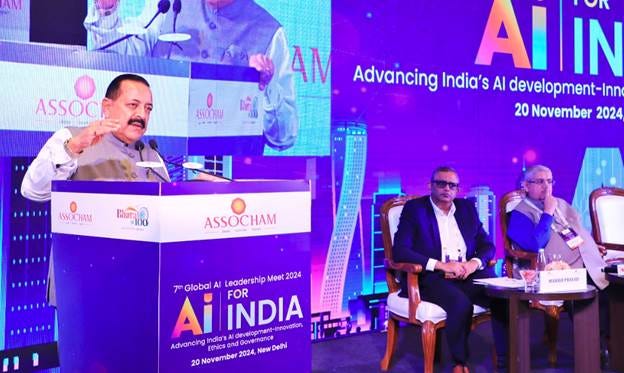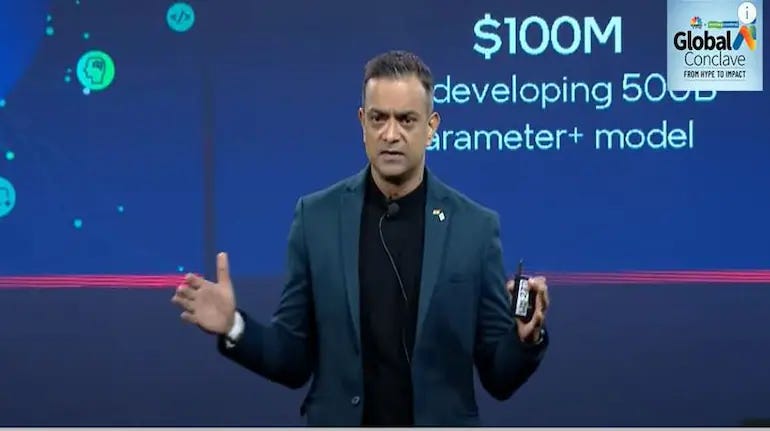From IIT Madras' innovative real-time translation system to the introduction of DINO-X, a unified vision model, today’s edition focuses on interesting updates from recent times that are pushing India's AI landscape to evolve rapidly. We also focus on the government's strategic initiatives, including efforts to ensure responsible and ethical AI development, along with advancements in AI tools for governance, education, and national security. This edition emphasizes India's dedication to leveraging AI for inclusive growth and sustainable innovation.
G20 Troika Champions Digital Public Infrastructure, AI, and Data for Governance
In a groundbreaking collaboration, the G20 Troika—India, Brazil, and South Africa—issued a Joint Communiqué on Digital Public Infrastructure (DPI), Artificial Intelligence (AI), and Data for Governance, endorsed by several G20 member states, guest countries, and international organizations. This declaration reflects the collective vision of the Global South to harness technology for inclusive development while addressing emerging challenges.
The communiqué underscores the transformative potential of DPI in bridging the digital divide and fostering equitable access to public services. It recognizes AI's pivotal role in enabling efficient governance, driving innovation, and solving complex societal challenges, while calling for ethical, inclusive, and human-centric AI systems. Additionally, the document emphasizes data as a cornerstone of good governance, advocating for secure, interoperable, and privacy-respecting data-sharing frameworks to strengthen public service delivery.
India, already a global leader in DPI through initiatives like Aadhaar, UPI, and ONDC, showcased its success as a model for scalable and inclusive digital solutions. The communiqué builds on India’s G20 Presidency’s focus on “Vasudhaiva Kutumbakam—One Earth, One Family, One Future,” aligning with its commitment to leveraging technology for global good.
This collaborative effort by the G20 Troika symbolizes a shared commitment to responsible technology use, aligning innovation with sustainable development. The declaration sets a precedent for international cooperation, urging nations to prioritize digital infrastructure as a catalyst for growth, inclusion, and governance excellence.
As the world navigates the complexities of the digital age, this initiative marks a pivotal step towards inclusive and resilient global technology frameworks. India’s leadership in advancing DPI and AI places it at the forefront of shaping a digitally empowered and equitable future.
Empowering Young Researchers: ANRF's PM Early Career Research Grant
The Asean-India Research Training Fellowship (ANRF), in collaboration with the Department of Science and Technology (DST), has introduced the PM Early Career Research Grant (ECRG) to support young scientists in advancing cutting-edge research. Designed to nurture innovation and interdisciplinary collaboration, this initiative provides funding for high-impact projects across diverse fields of science and technology. The grant seeks to empower researchers at the beginning of their careers to address critical challenges and contribute to the nation’s R&D ecosystem.
With a simplified application process available through the ANRF portal, the ECRG underscores the government’s commitment to fostering scientific talent and innovation. By enabling early-career researchers to pursue transformative ideas, this program strengthens India’s position as a global leader in science and technology. Aspiring applicants can find detailed information and submission guidelines in the DST’s latest announcement, paving the way for a new generation of problem-solvers to shape a sustainable and inclusive future.
Read More
AI Leadership Meet 2024: India’s Vision for Responsible AI Adoption
At the 7th Edition of the ASSOCHAM AI Leadership Meet 2024, Union Minister Dr. Jitendra Singh emphasized the transformative potential of Artificial Intelligence (AI) as a pivotal driver of India's progress. Themed “AI for India: Advancing India’s AI Development - Innovation, Ethics, and Governance,” the event highlighted India’s roadmap for leveraging AI to revolutionize governance, healthcare, business, education, and space exploration. Dr. Singh underscored the dual importance of innovation and responsibility, stressing that AI must empower individuals, bridge divides, and advance societal growth without displacing human roles.
A key announcement was the launch of India’s first AI Data Bank, a strategic initiative to fuel innovation by offering high-quality, diverse datasets to researchers, startups, and developers. This resource aims to strengthen national security through real-time analytics of satellite, drone, and IoT data while fostering scalable AI solutions. The Minister also highlighted India's focus on predictive analytics for disaster management, cybersecurity, and climate challenges. With a comprehensive strategy centered on ethical governance and global collaboration, India is poised to become a global AI leader by 2047, driving sustainable and inclusive development.
Generative AI’s Impact on Human Coders: A Transformative Shift
Recent research from CEPR’s VoxEU explores the profound implications of generative AI on human coders, highlighting its potential to replace human involvement in large-scale and complex text analysis tasks. The study delves into how AI-powered tools like GPT models are transforming coding processes, reducing manual labor, and enhancing efficiency in text-based programming and data processing. By automating repetitive tasks and managing vast datasets, generative AI is paving the way for more innovative and complex problem-solving approaches.
While the findings underscore the immense productivity gains, they also raise critical questions about the evolving role of human coders. The research emphasizes that while AI can handle structured and repetitive tasks with precision, human oversight remains indispensable for creative problem-solving, ensuring contextual accuracy, and managing ethical concerns. This evolving dynamic suggests a future where coders focus on strategic innovation while collaborating with AI systems to harness their full potential. The study is a vital contribution to the ongoing discourse on the balance between AI-driven automation and human expertise.
Building Frugal AI: Insights from the Global AI Conclave
At the Global AI Conclave, Intel's Santhosh Viswanathan emphasized India’s potential to lead in frugal AI development by focusing on resource-efficient large language models (LLMs). Speaking on the future of AI, he advocated for adopting heterogeneous architecture, a method leveraging diverse computing solutions to maximize efficiency and scalability. This approach, he noted, is vital for ensuring affordability and accessibility of AI technologies, especially in a resource-constrained environment.
Viswanathan highlighted the need for India to focus on AI solutions tailored to local challenges, such as language diversity, healthcare accessibility, and agricultural optimization. By designing frugal LLMs, India can create cost-effective, high-impact AI tools that align with its inclusive development goals. The event underscored the importance of collaboration between the private sector, academia, and government to drive innovation and establish India as a global hub for sustainable AI advancements.
India Climbs to Fourth in Stanford’s Global AI Rankings
India has achieved a significant milestone by securing the fourth spot in Stanford University’s Global AI Rankings. This marks a leap in the nation’s AI journey, reflecting the growing strength of its research, innovation, and implementation capabilities. The rankings assess countries based on various metrics, including research output, talent development, and real-world AI applications, showcasing India’s rise as a key player in the global AI ecosystem.
India’s position is underpinned by robust government initiatives like the National AI Strategy, significant investments in AI research, and an ecosystem that fosters collaboration between academia, industry, and startups. With a focus on using AI for societal good—ranging from healthcare and education to agriculture and disaster management—India’s advancements underline its commitment to harnessing technology for inclusive development. As the country continues to prioritize ethical AI practices and global collaboration, this achievement reaffirms its trajectory toward becoming a global AI powerhouse.
IIT Madras Launches Centre for Human-Centric AI to Enhance Human Potential
The Indian Institute of Technology (IIT) Madras has inaugurated the Centre for Human-Centric Artificial Intelligence (CHAI) to advance research and innovation in AI technologies designed to amplify human potential. This initiative reflects a shift towards developing AI systems that prioritize inclusivity, usability, and alignment with human values, ensuring that technological advancements contribute meaningfully to societal well-being.
CHAI aims to foster interdisciplinary collaboration, bringing together experts from AI, psychology, sociology, and design to create tools that empower individuals across various domains. The center also focuses on critical areas such as assistive technologies, ethical AI frameworks, and equitable access to AI-driven solutions. By emphasizing the human aspect of AI, IIT Madras continues to position itself at the forefront of innovation, fostering a future where AI augments rather than replaces human capabilities.
In The News
In the News
Introducing DINO-X: A Groundbreaking Unified Vision Model: Lei Zhang and IDEA Research unveil DINO-X, a revolutionary unified vision model that pushes the boundaries of AI's understanding of visual data. This new model integrates multiple AI capabilities into one powerful system, enhancing applications across industries. Read More
State of AI Research in India: AIM Research unveils its annual report on “Top Generative AI Service Providers 2024”, offering a comprehensive analysis of the trends and milestones in India's AI research landscape. Explore Insights
Simplifying AI Chatbots: Anthropic introduces a groundbreaking solution that seamlessly integrates data into AI chatbots, enhancing their capabilities for real-world applications. Learn More
Real-Time Translation Milestone: IIT Madras develops an AI-powered tool enabling real-time translation of parliamentary debates into 22 Indian languages, fostering accessibility and inclusivity. Details Here
AI for Digital Mapping: Discover how AI-based photogrammetry software is revolutionizing digital mapping and urban planning in India. Read the Article
Innovation in Education: IIM Kozhikode partners with Emeritus to launch a cutting-edge program on AI and Design Thinking, aimed at shaping the next generation of innovation leaders. Find Out More
#DataDaan - Donate for a Digital India
Aligned with the IndiaAI mission and the efforts from MeitY to ensure the availability of AI-usable data across govt, the #DataDaan campaign by AI4India.org is inviting participation from individuals and organizations to contribute valuable data for AI development in India. This initiative aims to gather diverse datasets to enrich the national data repository, supporting innovation across various sectors. We encourage everyone to read the detailed white paper on the campaign - https://bit.ly/DataDaan and fill out the form - http://bit.ly/3XfxD3H to contribute to this transformative effort.
We’ve also created a podcast on #DataDaan using Google’s NotebookLM, which transforms documents into engaging audio conversation. Listen to the podcast below!
This concerted push to make AI work for India highlights how data accessibility can unlock the potential for large-scale socio-economic transformation, driving innovation, and ensuring India’s competitive edge in the AI-driven global economy.
NOTE: The views expressed by the authors are their own. AI4India as a forum does not endorse any comments on specific brands, products, platforms or companies.
Join our AI4India.org forum to be a part of the AI revolution in India by visiting our site now.
Follow us on our X and LinkedIn to receive interesting updates and analysis of AI-related news

